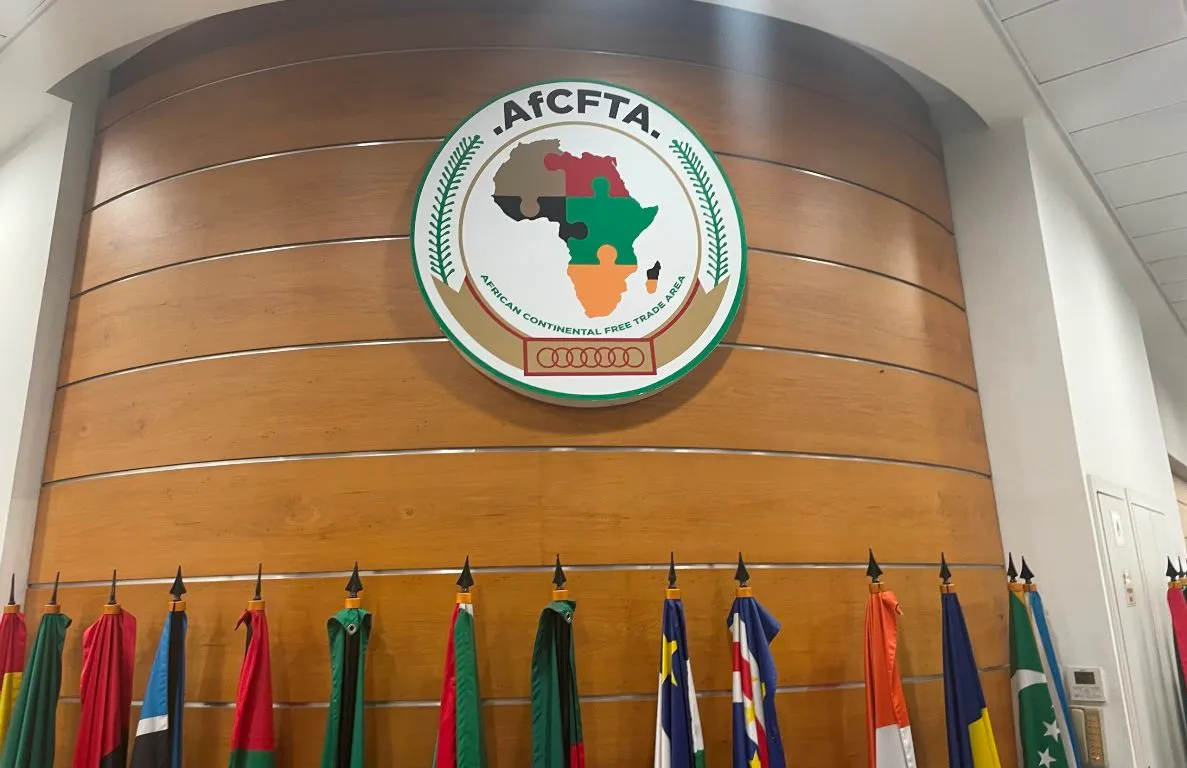The Humanitarian Coordinator in Nigeria, Mohammed Fall announced on Tuesday that the Nigeria Humanitarian Fund will provide $6 million to aid flood victims in Borno State.
This funding comes in response to the collapse of Alau Dam, located about 10 miles south of Maiduguri, Borno’s capital, on September 10.
The dam’s failure has forced hundreds of thousands of people to evacuate their homes, according to The Punch.
UN spokesperson, Stephane Dujarric, at a news conference on Monday in New York, said a joint mission comprising UN agencies and NGOs, alongside the Nigeria Red Cross Society, visited the main city of Maiduguri over the weekend.
Dujarric reported that during their visit, they met with individuals affected by the flood, many of whom had already been displaced multiple times due to ongoing conflict and insecurity in the region.
“We and our partners are providing them with hot meals, we are facilitating air drops of food in hard-to-reach areas cut off by flood waters, and we are also trucking in water.
“We are also providing water and sanitation hygiene services and water purification tablets to stem disease outbreaks.
“This is in addition to supplying hygiene and dignity kits to women and girls, as well as emergency health and shelter services.”
Dujarric noted that the UN Office for the Coordination of Humanitarian Affairs (OCHA) staff are collaborating with donors to secure additional funding.
In Nigeria, flooding has already affected over 125,000 hectares of farmland, just before harvest time.
This comes as 32 million people across the country are experiencing severe food insecurity.
Meanwhile, the head of the World Food Programme office in Maiduguri, Emmanuel Bigenimana reported that he was able to conduct a rapid assessment of the damage and needs by flying over the city in a UN Humanitarian Air Service helicopter, which was dispatched by the World Food Programme.
He said, “What I have seen is really heartbreaking,” describing homes, infrastructure, roads, schools, hospitals submerged by water.
He added, “Many, many people – I’m talking about over 200,000 – 300,000 displaced people – are overcrowded in several IDP (Internally Displaced Persons) camps and also on the streets.”
The WFP reported that the dam collapse led to river water flooding 50 per cent of Maiduguri, prompting state authorities to issue evacuation orders and request humanitarian assistance.
From one of the internally displaced persons (IDP) camps, Bigenimana shared that WFP has established soup kitchens to provide hot meals and is working to scale up its response in coordination with local authorities and partners.
The soup kitchens located in three camps – Teachers’ Village, Asheikh and Yerwa – aim to provide nutritious hot meals to “50,000 of the worst affected children, women, and men who have lost their homes,” WFP said, but more assistance is needed.
“This is really an additional burden to already existing crises,” Bigenimana stressed.
“This region has been facing conflict for a decade.”
Borno State was one of the areas worst affected by the Boko Haram insurgency which, the UN said earlier this year, has been controlled to some extent.
“More recently, we have seen food inflation, food prices have been skyrocketing, really affecting millions of people who are facing food insecurity,” Bigenimana added.











